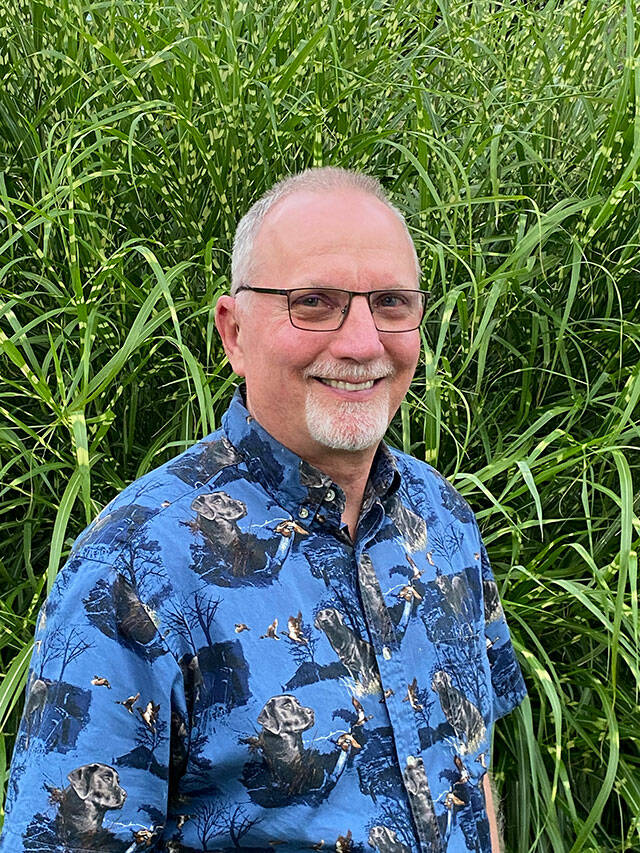Patriotism is defined here in three ways:
“Patriotism is not a short and frenzied outburst of emotion but the tranquil and steady dedication of a lifetime.” Adlai Stevenson II
“Patriotism is the virtue of the vicious.” Oscar Wilde
“A real patriot is the fellow who gets a parking ticket and rejoices that the system works.” Bill Vaughan
I often see drivers who have an American flag attached to their pickups. It makes me wonder what message is being communicated. Is patriotism simply the act of displaying the flag? Is it support for the Constitution? Is it a cry for some freedom in danger of being lost? Adlai Stevenson (quoted above) would argue that it was “an outburst of emotion” rather than “the tranquil and steady dedication of a lifetime.”
Oscar Wilde would see the flag display as “the virtue of the vicious”. What if someone disagreed with that driver on a topic like Second Amendment gun rights? Would that pickup driver turn vicious and start swearing at the person, accusing him or her of being a “woke” progressive? Is that patriotism?
The word ”freedom” is usually linked with that display of the flag. Merriam-Webster has several definitions of the word: “the state of being free: liberty, independence: Ability to move or act freely…the state of being released from something usually unpleasant… the quality of being frank or open answered with freedom… a political right.”
Which of these definitions suits you best? Should there be limits on freedom?
We’re given the right of free speech, but does that mean free speech is without limits? What if one’s freedom results in the death of an individual or group of individuals by yelling “fire” in a crowded room?
That’s why there are government safety regulations that require “panic bars” on doors that only open outward in public gathering places. The government has set up regulations to protect our freedom to survive a panic. Is that taking away someone’s freedom in the process of promoting the “general welfare”? Where does one person’s freedom end and another’s begin?
Do the same limits on freedom apply to the 2nd Amendment? Gun rights advocates often ignore what the Amendment actually says: “A well regulated Militia, being necessary to the security of a free State, the right of the people to keep and bear Arms, shall not be infringed.” Second Amendment advocates ignore the first half of the Amendment and focus on that last half. Isn’t this blindness to the first part of the Amendment and emphasis on the second part unpatriotic and unhistorical in the context of the 1780s?
Does a person who sees himself/herself as patriotic take the Constitution and twist it to fit what they want it to say? In the Constitution as in life, words matter.
Let’s define patriotism from wordnik.com: “Love of one’s country; the passion which moves a person to his country, either in defending it from invasion or in protecting its rights and maintaining its laws and institutions.”
This definition fits Adlai Stevenson’s quote in that it “is not a short and frenzied outburst of emotion but the tranquil and steady dedication of a lifetime.” It, like love, endures and is not short-termed.
Many people thought they were patriots when they acted to overthrow the Constitution — an act contrary to the definition of patriotism. Oscar Wilde would call that definition of patriotism the “virtue of the vicious”.
Bill Vaughan, quoted above, seems to have given the clearest definition of patriotism: “A real patriot is the fellow who gets a parking ticket and rejoices that the system works.”
How do you define patriotism? There seems to be a lot of confusion in the nation today about patriotism’s definition. Don’t just toss around the words “patriotism” and “freedom” in discussions about the state of the nation. Define your terms before you start debating. You’ll have a lot more measured — and hopefully fruitful — discussions if you do.


